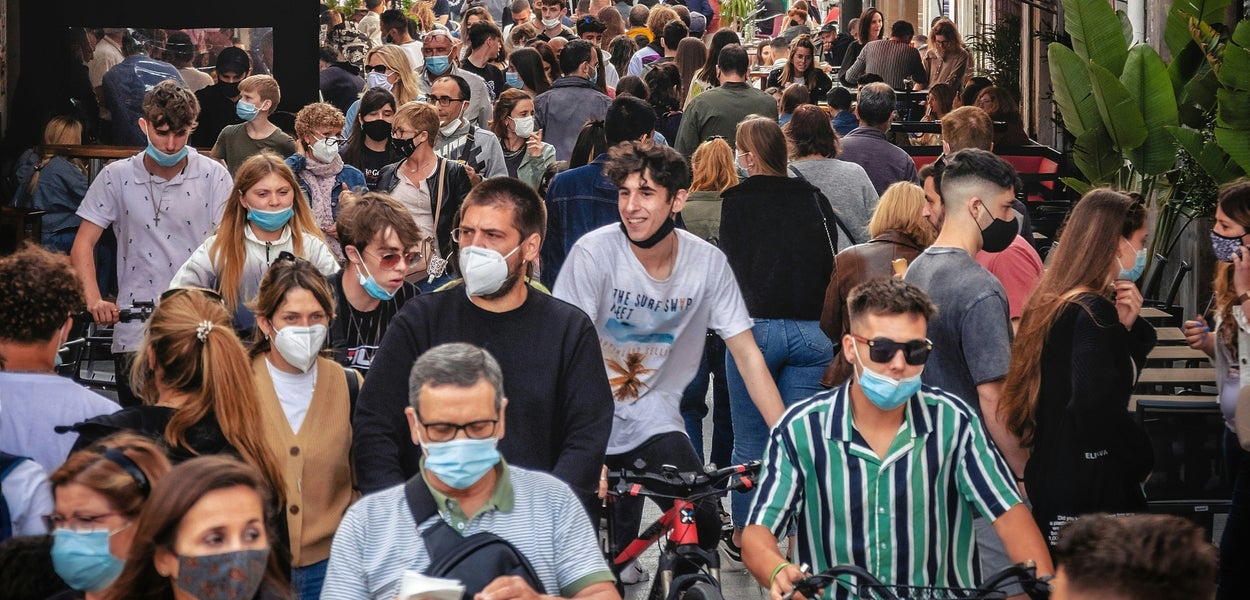De faculteit draagt bij aan een beter begrip over de wijze waarop gedrag en bewegen tot stand komen en hoe deze beïnvloed kunnen worden, zodat de fysieke en mentale gezondheid bevorderd worden en prestaties verbeteren.
Het onderwijs en onderzoek binnen de faculteit zijn op deze brede doelstelling gericht en leveren hiermee een herkenbare bijdrage aan het VU-brede thema Human Health and Life Sciences. De faculteit beschikt daartoe over expertise met betrekking tot genetica, motoriek, inspanning, waarneming, cognitie, emotie, leren en sociale interactie. Veel aandacht wordt besteed aan de effecten van training, behandeling, begeleiding, opvoeding en onderwijs op het gedrag van gezonde mensen en mensen met een fysieke of mentale aandoening.





